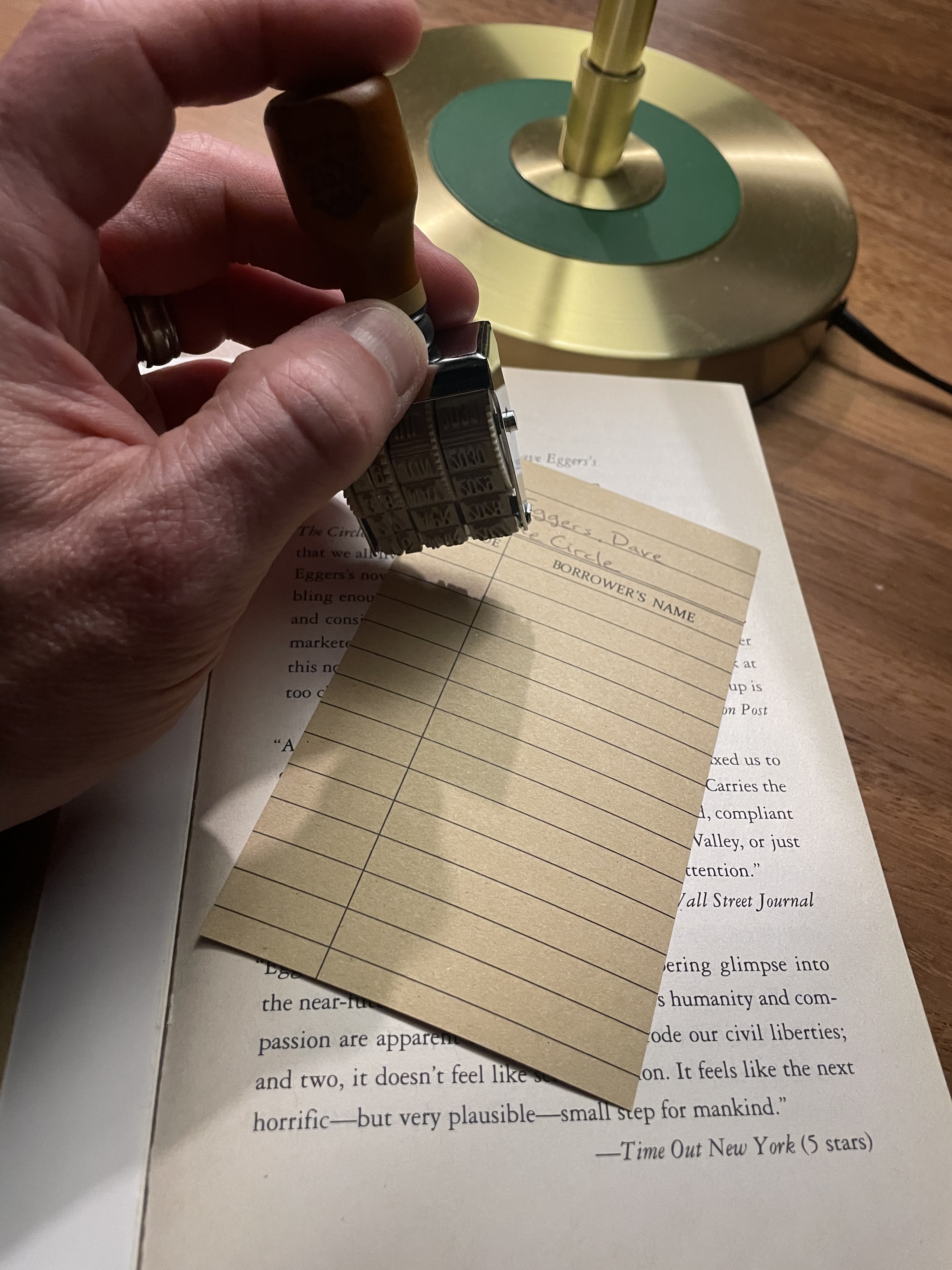How to Survive the Coming AI Utopocalypse: what literature can teach us about our technology, our place, and our humanity

We exist.
By the very fact of our being, we push through the cosmic vacuum of space, dancing into life for the breath of a moment. And then out again.
As we live into the movement of our moment on this tiny speck of a living world — we gather up resources, manipulate our environments, conduct our experiments: testing, failing, retesting, failing, retesting, succeeding—we strive against the edges of our reality, of nature.
We spar with our limits.
But to be alive is to be intrinsically bound. We may expend all our present resources in hopes of defying these given realities, but in the end we will always be pulled back down to earth as the fuel runs low and the seconds eat away at the sand in the spiraling glass.
We are limited.
And yet, the human story is one of searching for escape velocity. Ravenously, relentlessly, innovatively, sometimes violently seeking to smash through.
How do you engage with limits?
In our age of technological marvels (and horrors), we must to reckon with this question.
Think of Oppenheimer splitting the atom[1] amidst a nonzero chance of atmospheric annihilation. If he held back, others would not— therefore he could not.
Think of Magellan, sailing west into what many feared was the gaping maw of the kraken because he could not abide the blank edges of his map.
Think of Alexander, who according to Plutarch, when faced with the precept of infinite worlds, lamented: "Is it not worthy of tears that, when the number of worlds is infinite, we have not yet become lords of a single one?" The weight of cosmic limitations moved the greatest conqueror to tears. (Or, for the Hans Gruber loyalists: "Alexander wept, for there were no more worlds to conquer.")
Think of the Genesis account of the paradise lost, in which Adam and Eve, breaking the commandment, eat of the forbidden fruit in their desire to be like God.
We could go on, story after story after story.
How do you engage with limits?
Do you see limits as existing for the sole purpose of abolition?
Or do you see limits drawing a line in the sand to say, “I shall go no further”?
Abolition or subservience. Choose your fighter.
Or, perhaps there is a third way. Older light that lead us outside the range of these twin sirens — a path unknown to our feasts of facts and famines of truth.
Gather with us to explore by these lights: to engage the big questions of our humanity, work, flourishing, and the limits that bind us to this particular Place and to each other through the lens of humanity's most treasured thinkers—writers, poets, philosophers—who have contended with these big questions.
"Prelude" is a free, last-minute, action-packed Tillage pop-up event for friends in San Francisco. Join us this Thursday, October 9 to crack open our shared folklore: the AI utopocalypse[0], and the questions we all have. This'll be a spirited & civil discussion over drinks to tee up our larger salon series: "How to stay human in the coming AI utopocalypse"[1].
Where: Tillage (1410 Irving St.) in the Library. Drinks and snacks provided.
Onward,
Jamin & Shane
[0] Utopocalypse — a portmanteau meaning the unintended collapse of an idealized system, where efforts to achieve perfection result in catastrophe, chaos, or disillusionment.
[1] Not first, nor precisely, but suffer us a bit of creative license here.


